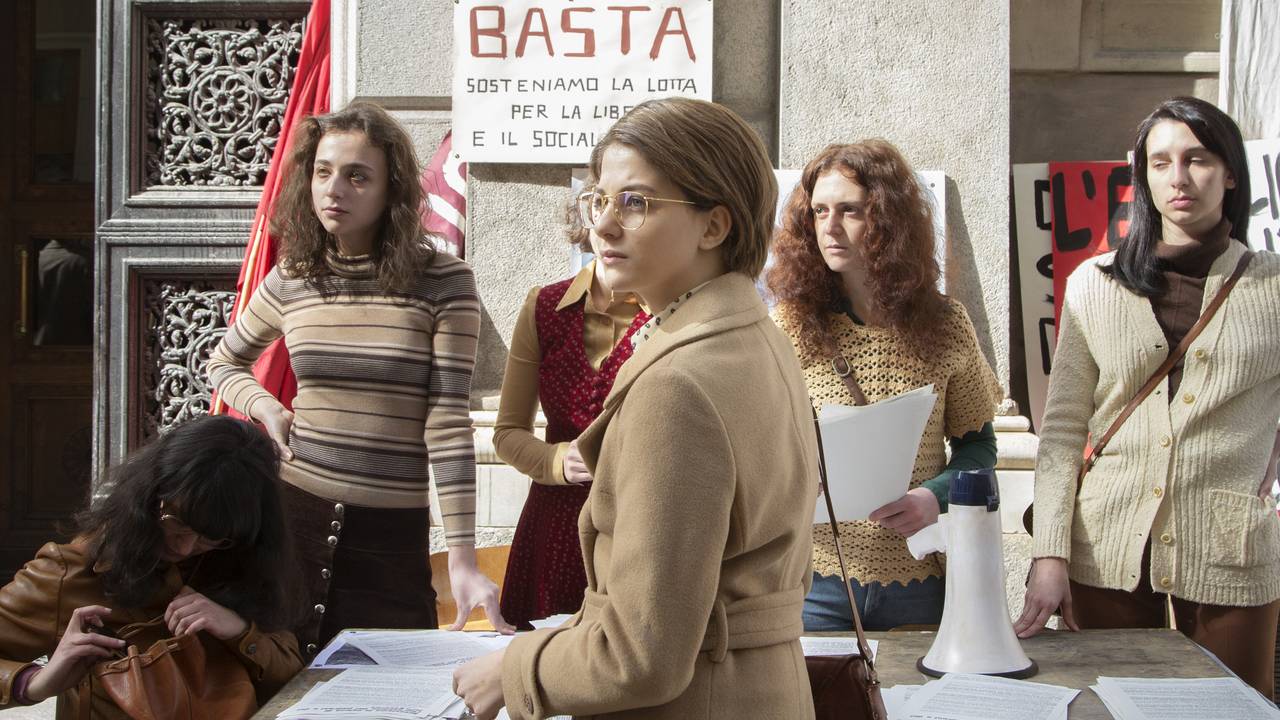Interviewing Elena Ferrante for the Guardian, Iranian freelance journalist Shiva Akhavan Rad notes the many similarities between today's patriarchal and repressive Iran, and the Italian society depicted in the author’s novels through the tumultuous friendship of Lila and Lenù.
When asked what she thinks the two protagonists of her Neapolitan Quartet would do if they were living in Iran in these turbulent times, Ferrante responds:
“What can I tell you? Lila would certainly be in the frontlines, and Lenù, in order to keep up, in order not to miss anything, would follow her, even to prison, and to death.”
“As for me, I would be ashamed to make any claims: I’m far away and in a safe place. But for weeks I’ve been following what is happening.
“The repressiveness is terrible, but it’s wonderful that people so diverse in age and in social class and culture are standing side by side, resisting.
“I find the centrality of women especially exciting. The motivations of Iranian women are the just and pressing motivations of all those who today, in Iran and in the world, fight for dignity and autonomy, for the freedom to decide how to dispose of their own bodies, their own lives. I am moved in particular by women who expose themselves to danger wholeheartedly, with absolute determination. To demonstrate at the risk of one’s life takes great courage, extreme desperation, a glimmer of hope.”

A still from HBO and RAI's television adaptation of Ferrante's quartet of Naples novels. (Photo: ANSA)
The My Brilliant Friend author emphasises that she has always admired those who openly confront the violence of power, adding:
“I’ve always admired those who openly confront the violence of power, and I always wonder if I would be capable of it. I think of myself as timid, but I can’t tolerate anyone who instils fear in me. Citizens should strike fear into their repressive rulers: the opposite enrages me. And rage, in general, makes me forget fear.
“Thus – I imagine – if I were there, I would be in the streets, like Lila, with passion and rage; but also like Lenù, out of duty, the need to see, to understand and try to describe.”
Rad then asks her if she is willing to express her support for the young Iranian rebels, if she has a message for them.
“For what it’s worth, I am on the side of your struggle, especially on the side of women’s right to design in complete freedom their own way of being in the world, whatever it is.
“Your battle has gone beyond national borders, and is carrying its specific nature into the struggle of all the women in the world. You remind us yet again that no right is forever, and that the primary objective of power, behind the mask of cruelty, as well as that of benevolence, is always to impose on us new forms of servitude,” she replies.
Naturally, the journalist's curiosity about the writer's choice to hide behind a pseudonym abounds. Why did she do it?
“I did it because avoiding success and fame is one of the many ways of feeling totally free.”











